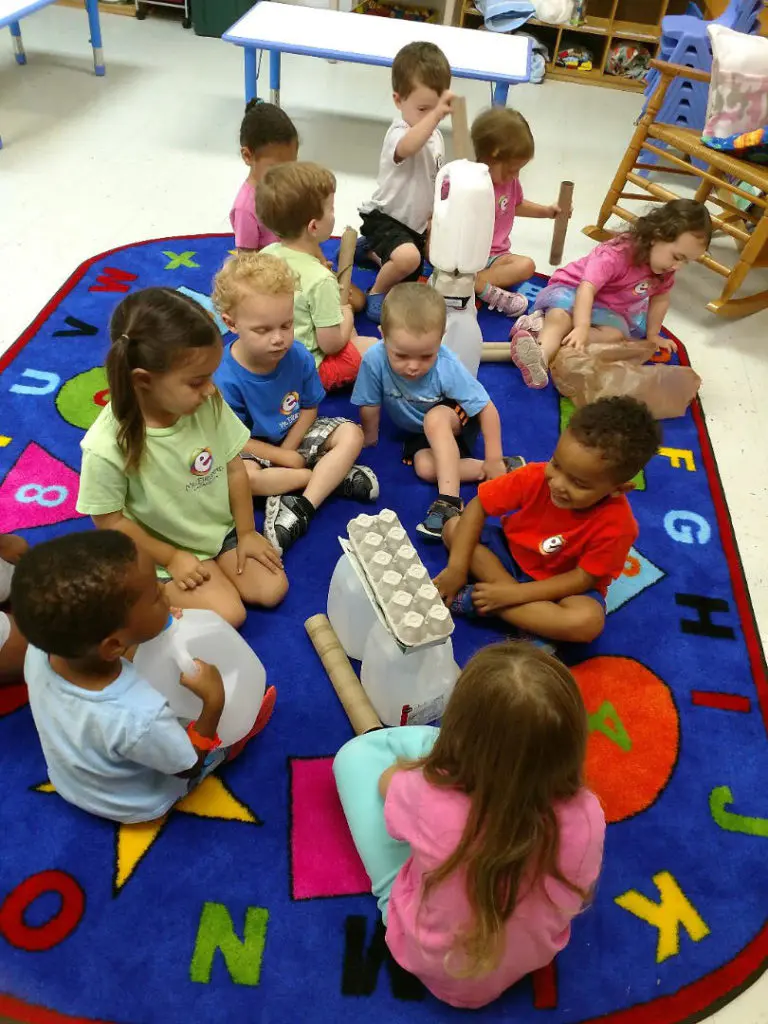Your children spend hours each day at preschool, and hopefully, they are learning as much as they can while they are there. But studies related to early childhood education and the brain indicate that unless the right emotional context is part of the equation, learning may be the last thing on a kid’s mind.
From the youngest ages, children’s brains are processing information in terms of survival. They are paying attention to their primary caregivers because they are their source of love, shelter, and nourishment. As they grow, children model their caregivers and the other adults around them. This process of mental simulation is how they learn about not just surviving in the world but about interacting with others and becoming individuals.
What do children pick up on? Studies show that the traits that children pick up on from their earliest months and years include:
- Tone of voice
- The safety of routines
- Emotional availability
- Gentle actions (and reactions).
When the people whom children are around for hour upon hour each day are positive models for children, the kids are more likely to practice simulating positive behaviors. The opposite is also true—it’s possible for children to model hurtful, negative behaviors, as well.
That is why the education experts and caregivers at Mt. Elizabeth prioritize building positive relationships with children and parents. When we interact with your children, we want them to feel safe, supported, and nurtured, and we want them to see that adults show each other the same respect, too. That is because those positive connections create the context in which learning and development can flourish. Without that as a starting point, going forward toward holistic development is extremely difficult.
If you are looking for a place where your children will feel comfortable and, therefore, eager to learn and play, contact us to find out more about our programs and how to begin the enrollment process.







